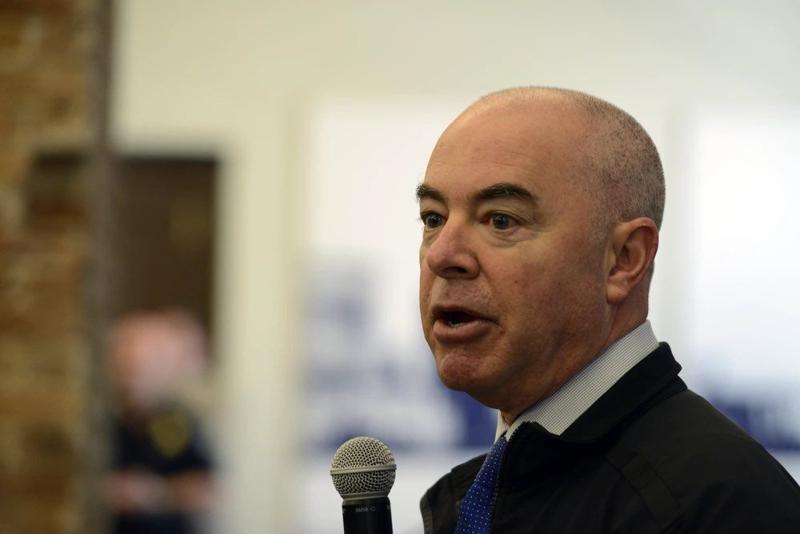After millions of illegal foreign nationals were released into the country through new parole programs created by the Biden administration, at least one million were granted temporary protective status (TPS) from deportation outside of these parole programs. They include citizens of countries of foreign concern with ties to terrorism.
As of Sept. 30, 2024, approximately 1,095,115 foreign nationals were granted TPS, according to a new report from the Congressional Research Service.
They are citizens of Afghanistan, Burma, Cameroon, El Salvador, Ethiopia, Haiti, Honduras, Lebanon, Nepal, Nicaragua, Somalia, South Sudan, Sudan, Syria, Ukraine, Venezuela and Yemen.
As violence escalated against Israel, the Biden administration also granted TPS to Palestinians and Lebanese nationals.
TPS was granted as President Joe Biden continued to extend national emergency orders citing national security threats related to terrorism, threats posed by Afghanistan, Sudan, Syria, and other countries, foreign threats related to weapons of mass destruction, and Islamic threats that escalated under his administration, The Center Square reported.
The Secretary of Homeland Security grants TPS, arguing the law gives discretion to do so. TPS can last for six to 18 months, but is often extended. For example, an unknown publicly reported number from Liberia have been granted TPS since 2017, according to the report.
Every time TPS is granted, DHS issues an announcement explaining the terms. For example, on Oct. 11, DHS extended TPS status to illegal foreign nationals from El Salvador, Honduras, Nepal, Nicaragua, and Sudan through March 9, 2025.
Those registered through the program are permitted to keep submitting extensions. A re-registration process is currently underway for Salvadorans through March 9, 2025.
Those receiving TPS are granted deferred enforced departure (DED) status, a temporary, discretionary, administrative stay of removal. It “emanates from the President’s constitutional powers to conduct foreign relations and has no statutory basis,” CRS explains.
Among those granted TPS and DED are 834,000 who illegally entered the U.S. or overstayed their visa and are illegally living in the U.S., according to the CRS report. The status prevents them from being deported and grants them work authorization, which critics argue takes jobs away from Americans and drains taxpayer resources associated with welfare services they receive.
Large numbers of TPS foreign nationals living in the US include:
260,790 Haitians granted extended TPS through Feb. 3, 2026;256,625 Venezuelans granted extended TPS through April 2, 2025;248,775 Venezuelans redesignated TPS through March 3, 2026;52,585 Hondurans whose TPS termination was rescinded and extended;63,425 Ukrainians granted extended TPS through April 19, 2025.
Additionally, an unknown number of Palestinians and Lebanese have been granted TPS and DED through August 2025 and January 2026, respectively, according to the CRS report.
Initially, TPS was granted to 74,500 Afghans through Nov. 20, 2023. However, according to multiple reports and concerns raised by the U.S. House Committee on Homeland Security, no process was put in place to remove them once TPS ended.
According to the CRS report, only 9,630 Afghans are currently granted TPS through May 2025.
President-elect Donald Trump has vowed to end TPS, which was established by Congress in the Immigration Act of 1990, which former president George H. W. Bush signed into law.
In 2017 and 2018, Trump’s DHS terminated TPS designations for citizens of Central American countries. In response, two class action lawsuits were filed. In September 2020, the 9th Circuit Court of Appeals overturned a lower court’s injunction and permitted the TPS designation to be terminated. Biden reversed Trump’s policies and expanded TPS authorizations.







